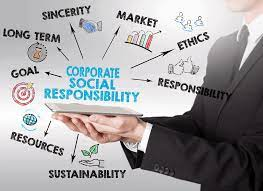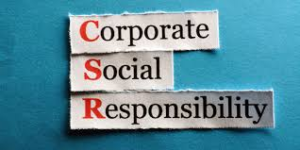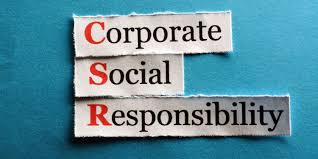In the last two decades, corporate responsibility has been a buzzword for the business world. This reflects the growing trend that organisations have a broader role to play in society. Customers expect companies to have ethical, sustainable, and responsible business practices. This includes everything from recycling and sustainability, to reducing carbon footprints. While customers increasingly expect this kind of commitment and responsibility to ethical business practices, government regulators increasingly mandate the same.

A business of any size can make small changes that they can then incorporate into their corporate responsibility statements. It doesn’t just have to be the large corporations who take on these kinds of responsibilities.
Examples of corporate environmental policies
To become more eco-friendly, firms will adopt a number of strategies. They will usually hire an expert in environmental consulting to determine the best course of action for strategic improvement, to reengineer their business at all levels and to remove waste. This work isn’t entirely altruistic, as businesses often save money by doing so! To find out more about Stroud recycling and waste management, visit a site like Printwaste, experts in Stroud recycling and waste management.

Focus areas
Businesses will focus on different areas. Some warehouses may have pest issues and need to hire specialist pest control experts to handle mouse or bird problems. The firm can rest assured that pest problems will be continuously monitored and managed. Chemicals are only used as a last option. Even then, only the least toxic types are used.
Fleet Management
Companies can assess the carbon emissions of their company cars and delivery vehicles and decide whether to invest only in those models with excellent green credentials. It will reduce both the carbon emissions and running costs.
Waste management
All businesses are focused on this area because they have to deal with different types of waste, and can recycle a lot of it. Some companies will go one step further by installing their own biomass or waste-to-energy installation on site – to, for example, heat or power local buildings or commercial installations using waste that would normally go to landfill.
Renewable Energy
Google and IKEA are not the only companies that will be buying environmentally friendly energy tariffs. They may also install their own solar or wind PV systems in order to generate their power.




